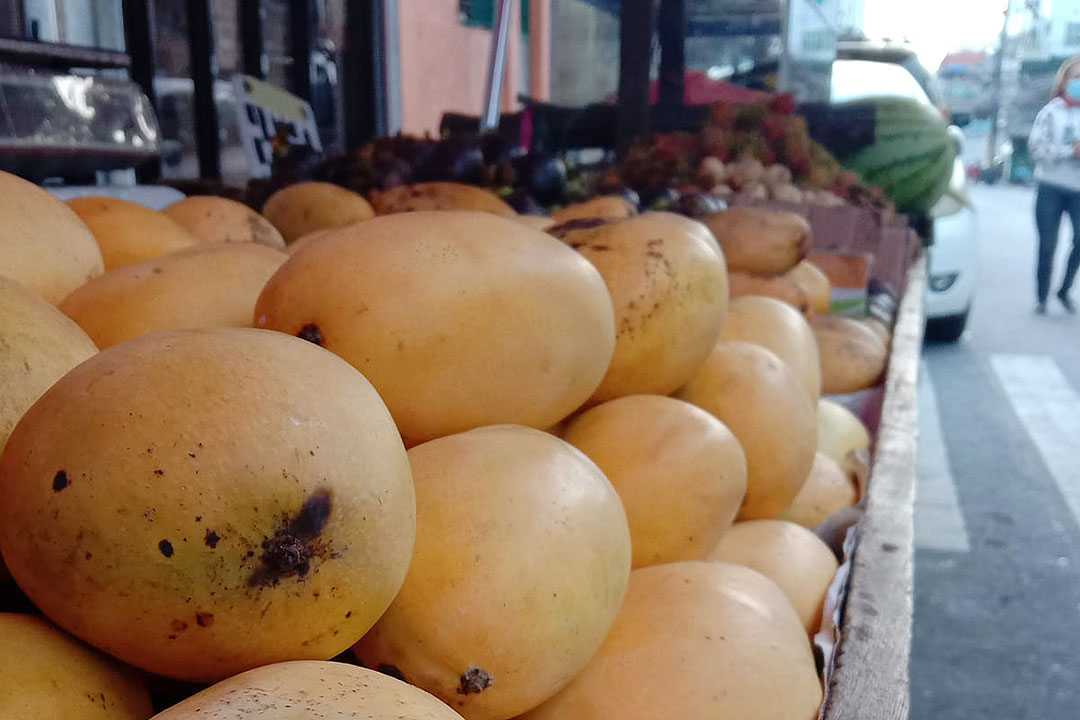FAO says mango industry can take lead in raising food export competitiveness

By Adrian H. Halili, Reporter
THE PHILIPPINES needs to make greater use of its mango industry in expanding agricultural exports, the United Nations Food and Agriculture Organization (FAO) said.
“The Philippine mango has a real competitive advantage. It is known globally, it is well reputed for the quality of the product,” FAO Country Representative for the Philippines Lionel Henri Valentin Dabbadie told BusinessWorld.
“When it comes to international trade the Philippines has been done more as an importer than an exporter in recent years,” he added.
The Department of Agriculture (DA) has said that it is preparing to increase exports of agricultural good, and is in the process of drafting of a Philippine Agricultural Export Development Plan.
Agricultural exports declined 13.3% to $1.61 billion during the third quarter, accounting for 8.2% of total exports, according to the Philippine Statistics Authority.
Agriculture Secretary Francisco P. Tiu Laurel, Jr. has proposed the revival of mango exports to Japan, which had imposed stricter quality standards on Philippine fruit imports.
The DA said mango exports to Japan declined sharply since 2011 with Philippine producers having to meet upgraded sanitary and phytosanitary standards.
“The Philippines however does not have the best conditions for this, you have disasters, no big land to cultivate mangoes. That is why you need to focus on where you have competitive advantage and what products can compete,” Mr. Dabbadie said.
He added that the Philippines should grow mangoes with an eye towards meeting export market standards.
Mr. Dabbadie said that the FAO is working with the government to implement its One Country One Priority Product initiative.
The project aims to identify and prioritize essential agricultural products which have growth potential and the promise making farmers more prosperous.
“Especially mangoes. This what we are working on with the government,” he said.
The Philippines exported 12,548 metric tons of mangoes in 2023, according to the Bureau of Plant Industry. This was valued at about P2.9 billion.



